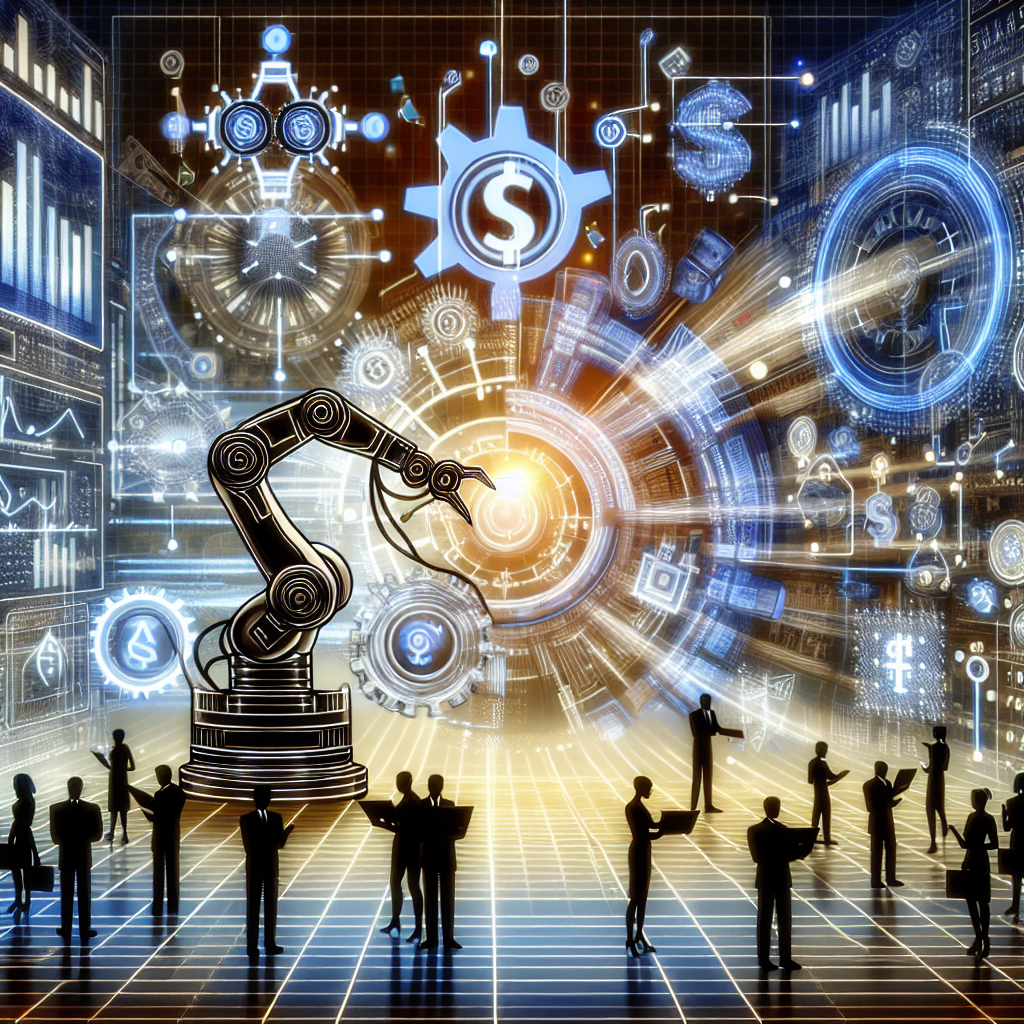Klarna CEO Embraces AI for Efficiency: Halts Hiring, Promises Higher Pay

Klarna's Strategic Shift in Employment
The fintech industry is always abuzz with innovation, but the recent announcement by Sebastian Siemiatkowski, CEO of Klarna, has set a new precedent. Klarna, a prominent Swedish fintech firm known for its 'buy now, pay later' services, is making bold moves to integrate artificial intelligence at the core of its operations. In an interview with Bloomberg TV, Siemiatkowski disclosed that the company ceased hiring new employees a year prior, claiming AI can handle almost all tasks traditionally performed by human staff.
The Role of AI in Workforce Transformation
Klarna's decision to reduce its workforce from 4,500 to 3,500 through natural attrition highlights a growing trend among tech-driven companies. With AI taking the helm, tasks are being optimized, leading to efficient operations with fewer employees. This shift is not unique to Klarna; it echoes the broader pattern observed in historical technological revolutions — from the industrial era to today’s digital transformation.
Siemiatkowski's insights reflect a futuristic strategy where AI not only fills the gaps but delivers innovations previously unimaginable. The key challenge lies in the application and utilization of AI to maximize productivity while minimizing workforce disruptions.
Employees to Benefit from AI-Driven Efficiency
Despite a reduction in hiring, Klarna is keen on ensuring that its current workforce benefits from the AI-driven efficiencies. As part of this technological overhaul, Siemiatkowski assured that increased operational efficiency would translate into higher salaries for existing employees. This move aims to redistribute the financial gains obtained through cost reductions attributed to AI across the workforce, ensuring employees benefit from the technology-led advancements.
The Broader Implications of AI in the Workforce
The impact of AI on employment is profound, influencing sectors across the globe. As AI takes on more complex roles, companies are expected to undergo a paradigm shift in workforce management. While fewer employees may be needed for specific tasks, this technological prowess is poised to create new, well-paying jobs centered around maintaining and expanding AI systems.
For prospective employees and tech enthusiasts, this may initially seem daunting. However, history has shown that technological advancements, while disruptive, pave the way for new opportunities. The automation era mandates a shift in skill sets, urging the current workforce to adapt and prepare for emerging roles in AI management and innovation.
A New Era for Tech Employment
Klarna's approach serves as a case study for other companies navigating the AI revolution. By reallocating financial benefits to its employees, Klarna underscores a model where technology and human resource development go hand in hand. This initiative highlights a movement towards embracing technology's rapid evolution while prioritizing human capital in the digital age.
Looking Forward
As Siemiatkowski’s plan unfolds, companies worldwide should consider similar strategies to adapt to the digital transformation. As AI continues to redefine job roles and economic models, industries must innovate to create sustainable and equitable employment practices. Klarna's model suggests a future where technology enhances human capabilities, paving the way for a harmonious blend of AI and human intelligence in the workforce.



Comments ()